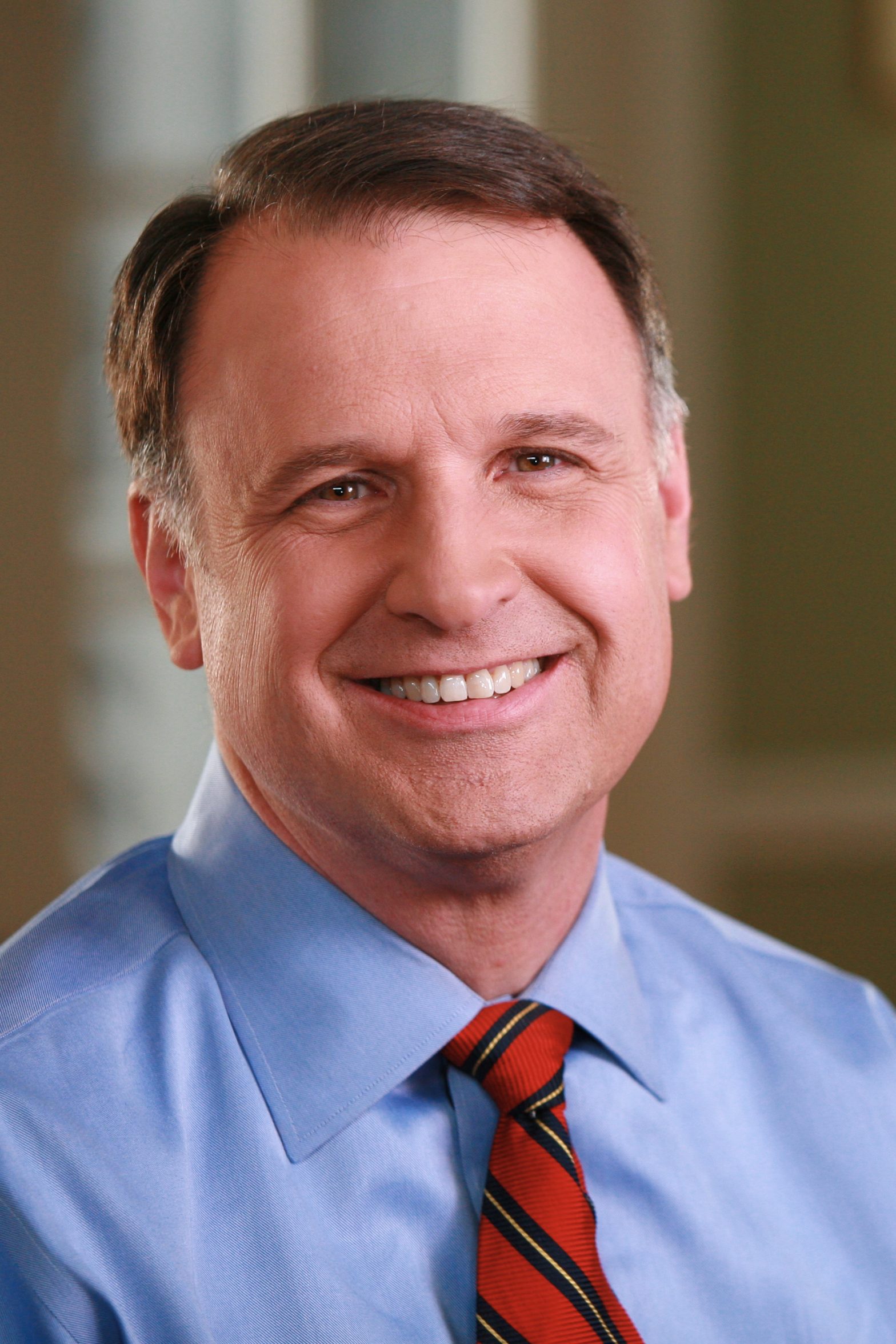Virginia received $4.3 billion in federal relief funds as part of the $1.9 trillion American Rescue Plan package Congress passed earlier this year. That sounds like lot of dough, but this spring, state agencies had a chance to submit requests for how the money might be spent. Those agencies’ requests totaled $18 billion.
The General Assembly convened in Richmond August 2 for a special session to figure out how to break down the state’s stack of federal cash. The assembly will also confirm eight judicial appointments in a historic expansion of the Court of Appeals.
Governor Ralph Northam and the majority-Democrat legislature have already outlined several priorities for the sizable surplus, including devoting $700 million to the expansion of broadband internet access in rural Virginia, $353 million to support small businesses still struggling from the pandemic, nearly $1 billion to replenish the state’s unemployment trust fund, and $250 million for overhauling HVAC systems in schools across the commonwealth. Northam’s proposed budget also calls for at least $800 million of the funds to be set aside for some time in the next three years.
During this special session, the Democratic chairs of the House of Delegates Appropriations Committee and Senate Finance and Appropriations Committee will not be considering any amendments to the proposed budget bill, a procedural decision that they say will allow the state to get money where it needs to be as quickly as possible.
Democratic state Senator Creigh Deeds, who represents Charlottesville and part of Albemarle County, says he supports the priorities the governor has outlined. Deeds has a few items of his own that he expects to make the final cut as well, including funding for state parks and recreation facilities, mental health services, and the Virginia community college system.
More specifically, Deeds says he would like to see funding for capital improvement projects and employee pay increases and bonuses at state mental health facilities and hospitals across the commonwealth.
Deeds has been a dogged advocate for increasing mental health funding in recent years. In the last few weeks, that cause has taken on even more urgency. Earlier this month, the state halted admissions at five of its eight mental health facilities, citing an “immediate crisis” as more than 100 employees resigned.
“We’ve got to make sure that we have the workforce that will provide for people who are struggling with mental illness,” he says. “It’s going to take a lot of work during the special session, when we’re dealing with one-time money.”
The currently proposed budget includes $50 million for the Department of Behavioral Health and Developmental Services to fund improvement projects for ventilation, water, and sewer systems at state behavioral health facilities, $45 million for bonuses for direct-care staff at state facilities, $10 million for the ongoing expansion of “community-based crisis services,” and $1 million to be allocated to the Department of Criminal Justice Services to supply resources for crisis intervention team training to law-enforcement officers and dispatchers.
Deeds is also in favor of setting aside a significant chunk of funding for the next few years, something that will be essential for addressing various issues presented by the ongoing pandemic.
“We’re not through with the pandemic yet,” he says. “There’s still so many people unvaccinated, there’s still flare-ups around the state and around the country with respect to COVID-19. We’re doing the prudent thing and holding on to some of that money in case we need to do something between now and 2024.”
Courting new judges
During the session, the General Assembly will also officially increase the size of Virginia’s Court of Appeals from 11 judges to 17, following a bill passed earlier this year that expanded both the size and jurisdiction of Virginia’s second-highest court.
Deeds, a member of the Senate Judiciary Committee, says he and other committee members hope the appointments make the court more representative of the commonwealth.
“We want to make sure that they accurately reflect the diversity of the commonwealth,” says the veteran lawmaker. “Diversity of practices—people with different backgrounds who come from different areas of law practice. That they look like Virginia, [and] that they represent racial diversity. And then that they also represent geographic diversity in that they come from different parts of the commonwealth.”
More than 80 applicants are vying for the eight open seats on the court, most of whom are trial judges from across the state, according to Deeds. He adds that one applicant who is under consideration is currently a Charlottesville-area judge.
The addition of six new judges to the court represents a historic shift in the role and jurisdiction of the Court of Appeals, as it will now oversee appeals for all types of criminal, commercial, and civil cases, and anyone convicted of a crime in Virginia will have an automatic right to appeal to the expanded court.
“We have a chance to remake the face of justice in Virginia, It’s a very significant move,” says Deeds. “We’re remaking the availability of justice for people all over the commonwealth.”
